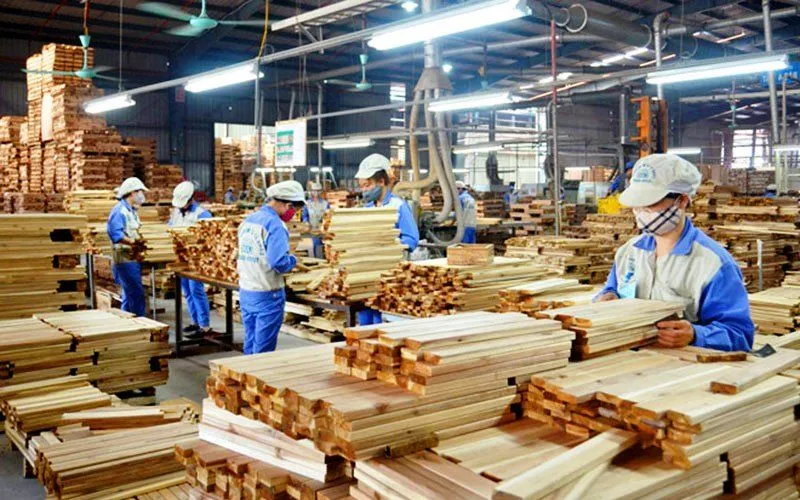
Wood enterprises propose to remove tax on semi-processed products
The Vietnam Timber and Forest Products Association recommends that the Ministry of Finance eliminate taxes on semi-processed wood products and recognize semi-processed agricultural products as not subject to value-added tax, in order to reduce the burden of procedures and costs for businesses. This also helps prevent legal risks, limit budget losses due to fraud, buying and selling of invoices and documents, and improve international competitiveness.
Previously, many wood processing and exporting enterprises encountered problems due to slow tax refund progress, having to pay in advance input VAT costs (10%) while waiting for refund, reducing the ability to turn over capital. It is estimated that the delay in tax refund also resulted in losses of 500-600 billion VND/year, equivalent to 2-3% of the industry's total profit.
More difficult is that many businesses and entrepreneurs are at risk of violating the law, even getting into trouble with the law, and having their capital flow blocked due to the difficulty in tracing the supply chain. Not to mention the risks to the international market when European Union (EU) partners can apply "yellow cards, red cards" according to the EUDR Regulation on Deforestation-Free Products. Vietnamese wood enterprises can be boycotted by international partners for not fully implementing the responsibility of accountability and tracing raw wood...
All these problems, which cause the State budget to lose revenue due to the situation of buying and selling VAT invoices and the "ask-give" mechanism that is easily abused, causing negativity and harassment. The consequence is the fear of using domestically grown wood and businesses are forced to import wood materials to avoid tax refunds, leading to millions of farming households losing their consumption market and motivation to plant forests and the Government may have to face the situation of "rescuing commercial planted forests" - going against the goal of sustainable forestry development, Mr. Cao Xuan Thanh emphasized.
In addition, the requirement to trace the origin to each forest plantation household is not feasible in practice, due to the current characteristics of the domestic wood industry, which is mostly bought and sold through many intermediaries. The prolonged verification has led to a bottleneck in processing tax refund dossiers, seriously affecting the cash flow of enterprises. Wood products and planted forest products after exploitation: peeling, sawing, chopping... have not been clearly identified as semi-processed products. Exporting enterprises purchasing these products incur large input taxes, leading to large amounts of value added tax that must be refunded periodically, affecting the business capital of the enterprise.
In addition, businesses and households trading in wood products must declare and pay taxes on unprocessed or semi-processed wood and forest products, which usually results in tax declaration and payment procedures that take a lot of time and money.
In addition, some businesses with large tax refunds are accused of receiving subsidies from foreign anti-dumping and anti-subsidy investigations. Finally, large tax refunds can lead to negative and fraudulent tax refunds that affect the production and business of businesses.
Source: https://vtv.vn/doanh-nghiep-go-kien-nghi-bo-thue-san-pham-so-che-100251013085435244.htm





![[Photo] Solemn opening of the 1st Government Party Congress](https://vphoto.vietnam.vn/thumb/1200x675/vietnam/resource/IMAGE/2025/10/13/1760337945186_ndo_br_img-0787-jpg.webp)


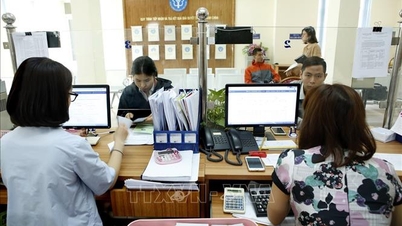





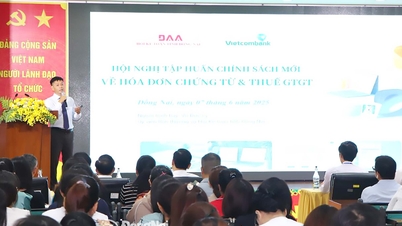





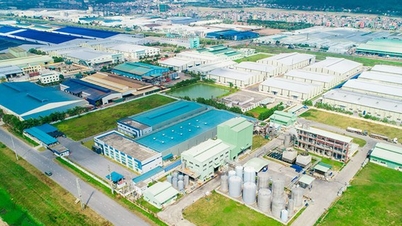





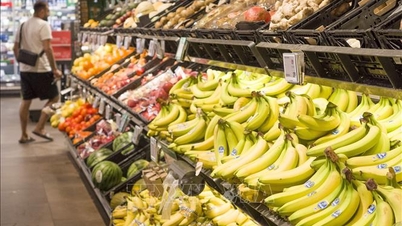






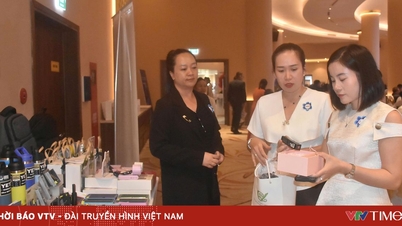



![[Photo] General Secretary To Lam attends the opening of the 1st Government Party Congress](https://vphoto.vietnam.vn/thumb/1200x675/vietnam/resource/IMAGE/2025/10/13/1760321055249_ndo_br_cover-9284-jpg.webp)





























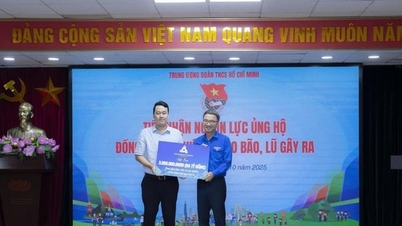

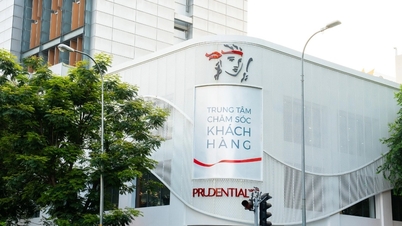


















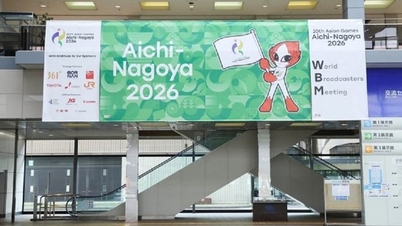


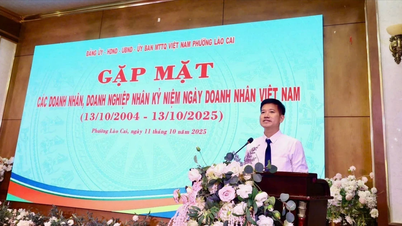





















Comment (0)